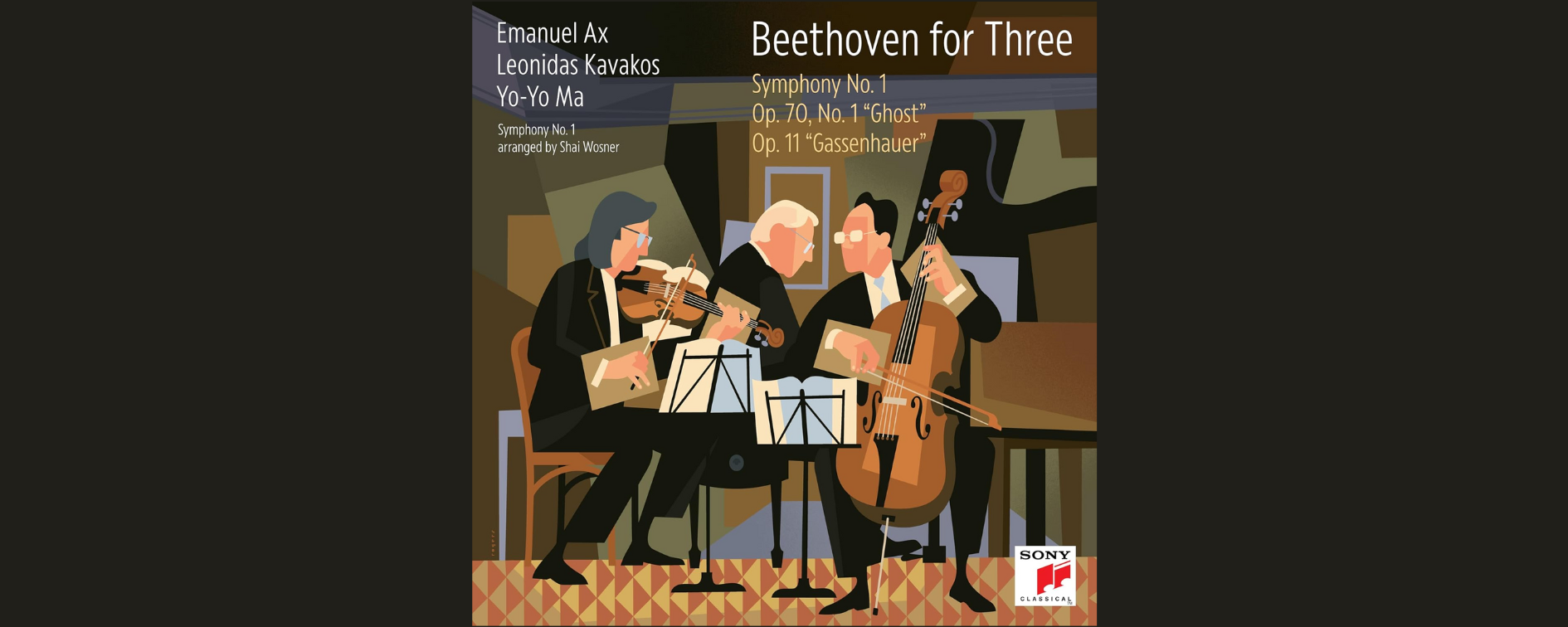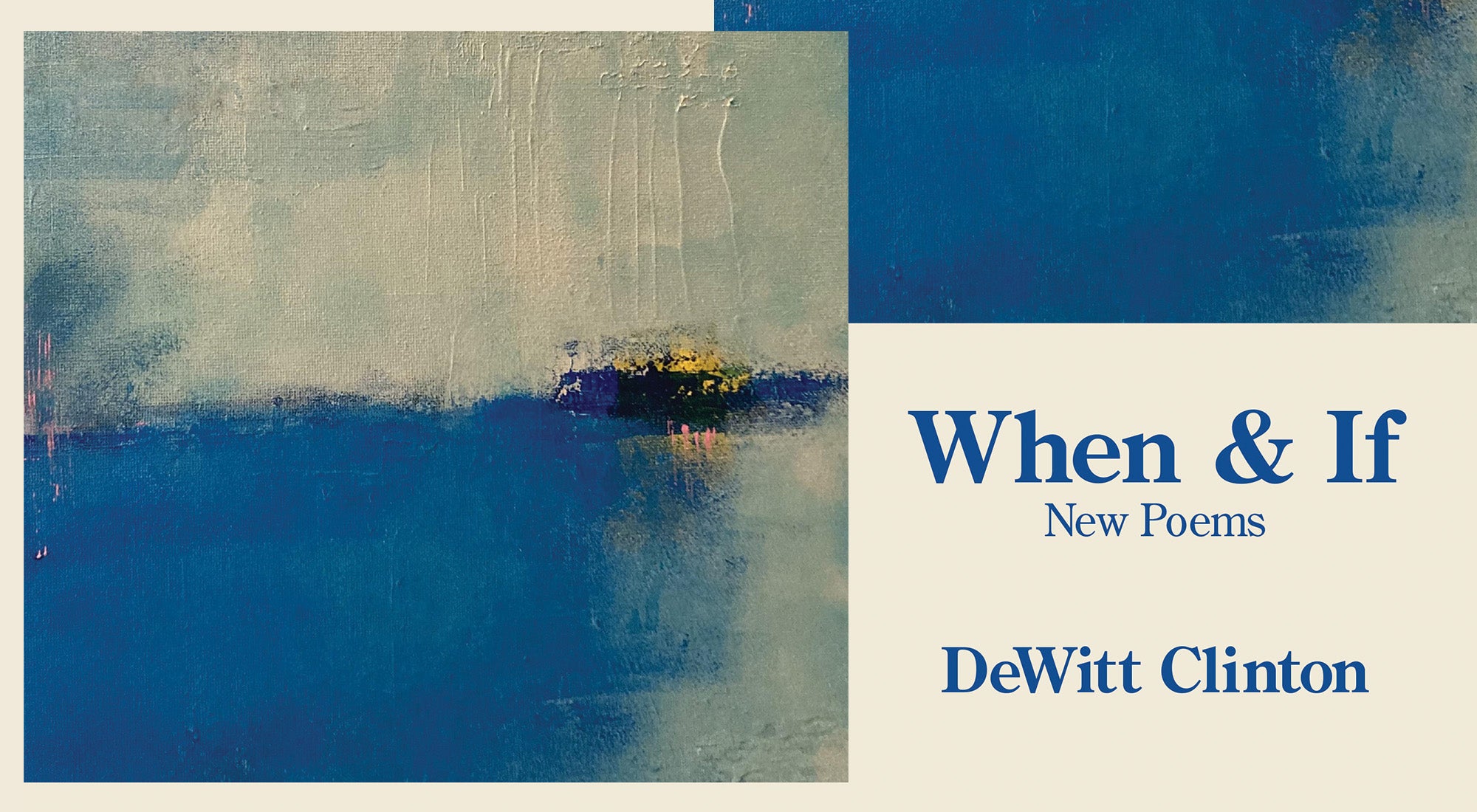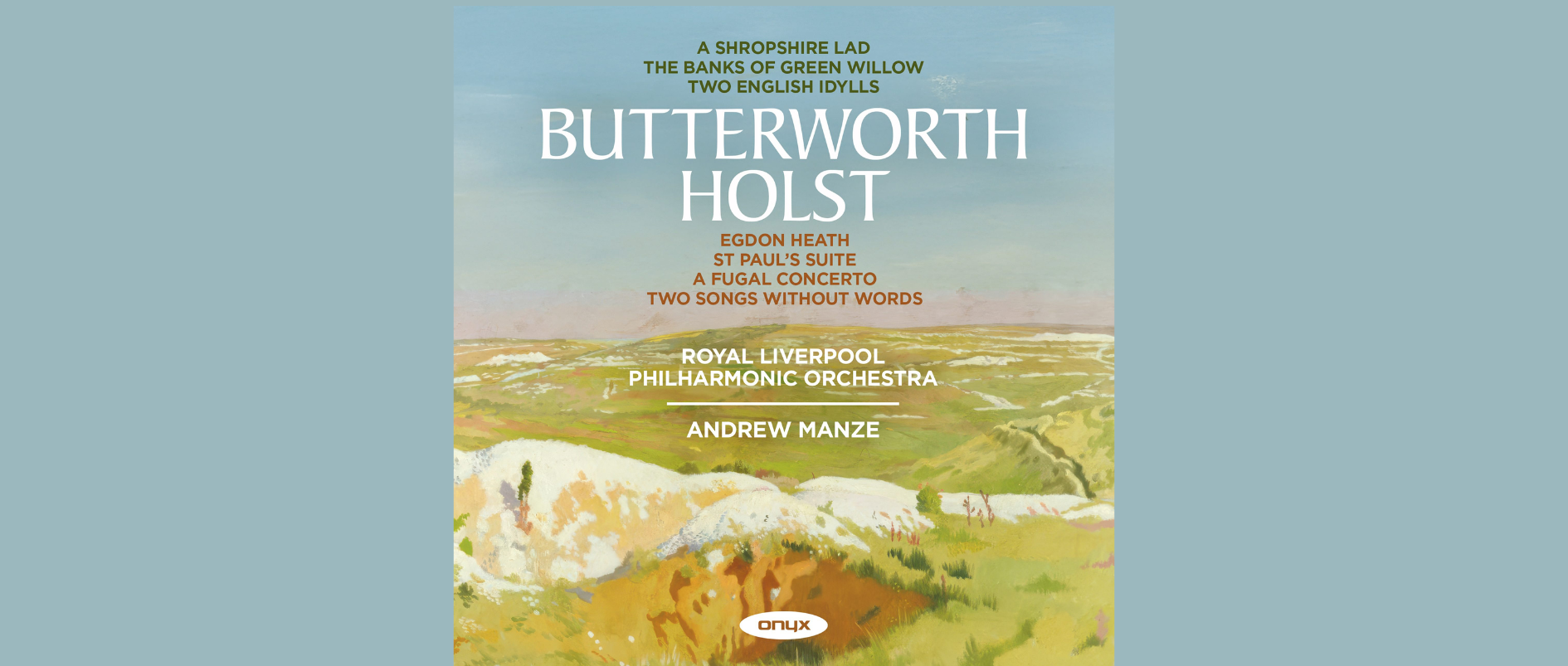“The last thing on my mind was that it would have wide appeal.” So said Andrew Lloyd Webber of the requiem he wrote in 1984. The composer of wildly successful musicals wrote his requiem in response to several deeply-felt experiences.
In 1978 the director of arts programs at the BBC had approached Lloyd Webber with the idea of writing a requiem for the victims of violence in Northern Ireland. His experience with requiems was limited but powerful: At the age of thirteen he had attended the first London performance of Benjamin Britten’s War Requiem, and three years before that, the Westminster Abbey memorial service for Ralph Vaughan Williams had left a lasting impression on him.
In 1982, when his father died, Lloyd Webber returned to the idea of writing a requiem. Four months later a young journalist friend was killed by an IRA bomb in Harrods Department Store. The composer was further moved by a New York Times report about a Cambodian boy who had been forced by terrorists to kill his sister.
News with a little more humanity
WPR’s “Wisconsin Today” newsletter keeps you connected to the state you love without feeling overwhelmed. No paywall. No agenda. No corporate filter.
The resulting requiem was described as “a rough barbaric score with moments of great tenderness.” The “Pie Jesu” from it hit the British Top Ten and became the only single issued by the HMV Classics department, prompting the astonished composer to remark, “When I wrote Starlight Express I really worked hard to produce something that would contain a collection of pop singles, and they all failed. This thing comes out in Latin and in ten days it’s at Number Three.”
At the same time, Andrew Lloyd Webber said that the Requiem was the most personal of his scores, and for its world premiere in New York he insisted on flying in the same singers who had participated in the recording–his wife Sarah Brightman, boy treble Paul Miles-Kingston, Placido Domingo–and the entire Winchester Cathedral Choir.
Wisconsin Public Radio, © Copyright 2025, Board of Regents of the University of Wisconsin System and Wisconsin Educational Communications Board.







